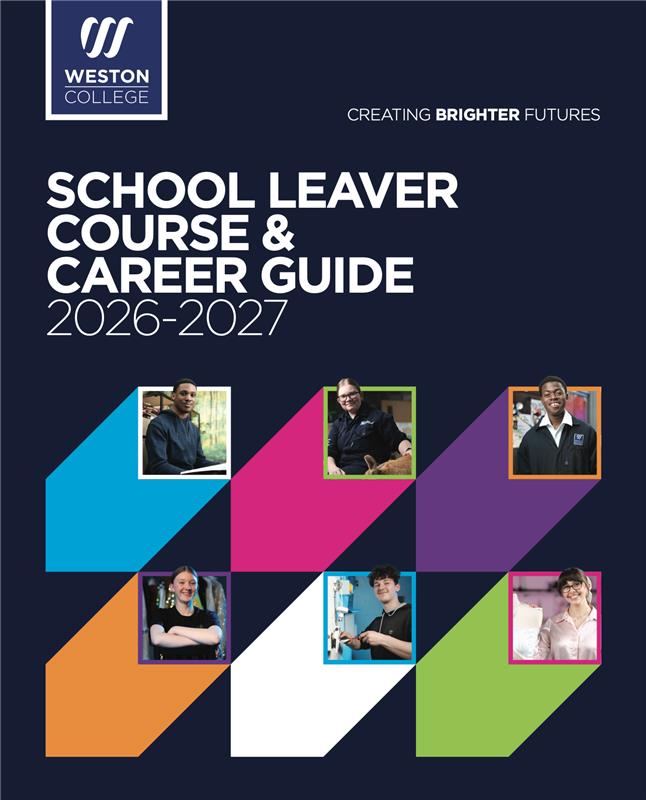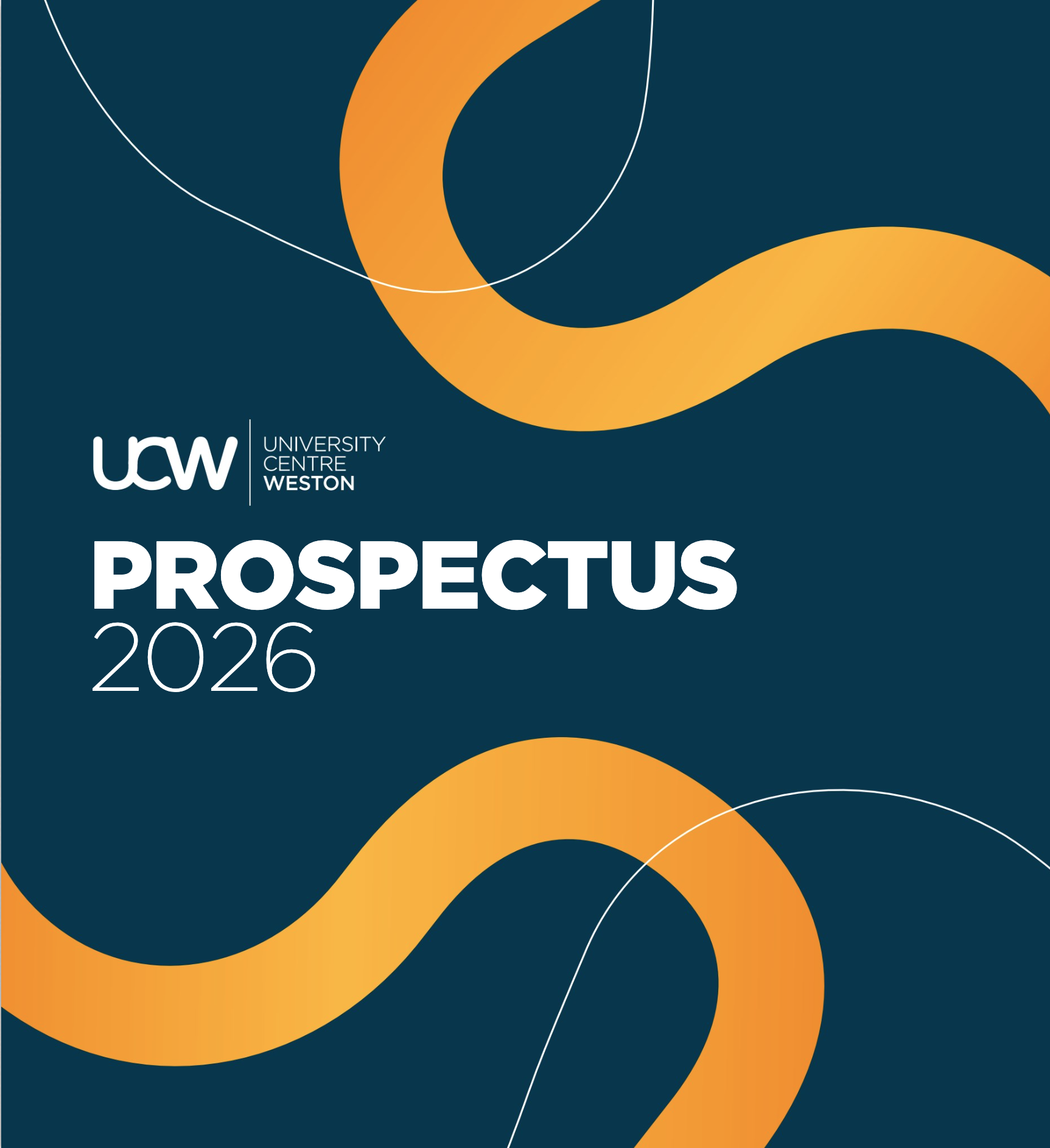
Weston College has a wide range of courses to suit all learning styles
Weston College is an award-winning college of further and higher education in Weston-super-Mare. It provides education and vocational training to nearly 30,000 learners across the country.
We put the learner first and are entrepreneurial in our approach and innovative in our thinking. As a college, we are ambitious and aspirational and are responsive to the needs of students, staff, businesses, and the community.
Latest News
There is always so much going on across our various campuses and courses. Stay up to date on our latest news.

Recently, our Sport learners attended an inspiring guest lecture delivered by Luke Morgan, First Team Football Analyst at Bristol City Football Club. Luke is a former Weston College student, having previously studied the Level 3 BTEC Extended Diploma in Sport and Exercise Science.
In his current role at Bristol City FC, Luke is responsible for observing, filming, and analysing the team’s technical and tactical performance. A key part of his role involves analysing upcoming opposition to help inform game plans and tactical decisions, as well as reviewing Bristol City’s own training sessions and match performances. On match days, Luke works from within the stadium, providing real-time video clips and performance insights to coaches and players to support immediate review and improvement.
During the lecture, Luke spoke in detail about his career journey since leaving Weston College. This included progressing to university, completing a placement year that sparked his interest in performance analysis, and subsequently undertaking an MSc in Performance Analysis at the University of Gloucestershire. Luke highlighted his placement year as a pivotal moment in his development, as it helped him identify the area of sport he was most passionate about and ultimately led him to his current role at Bristol City FC.
Luke led engaging discussions and practical activities, such as identifying KPIs to measure team performance across different types of sports, all of which emphasised the value of gaining experience across a wide range of roles within the sports industry. He made it clear to the learners that many career opportunities may not become apparent until you gain hands-on experience, encouraging students to keep an open mind, think carefully about their next steps, and avoid specialising too early in order to explore different areas of sport before committing to a specific career pathway.
A huge thank you to Luke for delivering such an informative and motivating session, and for inspiring our learners with his journey and expertise.
This programme forms part of the Sport & Fitness Careers Excellence Hub. Weston College's Career Excellence Hubs are designed to be the launching pad for our learners' careers. In a world where connections and relevant skills matter more than ever, these hubs offer a holistic approach that prepares learners to thrive in their chosen industries. With the support of these hubs, our learners are well-equipped to make a significant impact in their professional journeys.
@westoncollege Weston College alumnus Luke Morgan, now a First Team Football Analyst for @bristolcityfc ♬ original sound - WestonCollege

We spoke with Müller about the Leadership and Management apprenticeships they offer through Weston College, designed to develop their employee's skills and support career progression.
Could you briefly introduce Müller and the work the organisation does?
We make dairy that makes people smile – as well as being nutritious and delicious! From Müller Corner yogurts to the 100% British milk you put in your morning cuppa, our products have been loved across the UK & Ireland for generations.
Sourcing milk from over 1,000 farms up and down the UK, we serve millions of families every day with a range of branded and private label goods which are nutritious and delicious. We’re one of the UK and Ireland’s major dairy manufacturers and, with milk in 97% of UK fridges and yogurt in 78%, there’s a very good chance you have a Müller product in yours.
Can you outline the Leadership and Management training you offer?
We presently offer Level 3 and Level 5 Leadership training that is designed to give Muller Colleagues the opportunity to develop, extend their knowledge and progress their careers with our business. The courses are designed to allow sufficient time for each member on each cohort to spend time, not only learning about their apprenticeship, but also getting to know colleagues across the business.
Each Cohort is aligned to provide a block release period every 6-8 weeks for all individuals to attend and spend 3 days together with Weston College and to work with one another, supporting each other through their journey. We purposely vary locations across the UK, using both Muller facilities, so that colleagues get to visit other locations in the Muller Network, and also, off site locations to allow each Cohort time to focus away from the work environment.
It is hopeful that the program will provide individuals and the muller business, clear lines of succession and internal promotion opportunities
What kind of impact has the Leadership and Management training had on participants?
We have had a couple of individuals so far that have been offered opportunities to move into new roles. Please see some Bio’s from some of the management team below.
“Our apprentice is currently undertaking a Level 3 Apprenticeship in Leadership and Management which has already had a positive impact on both his development and our wider function. The programme has given the individual a deeper understanding of various leadership styles and how to apply them effectively in his day-to-day role. This has strengthened his confidence, improved his decision-making and enhanced the way he supports the team. The apprenticeship is also helping to build a strong pipeline of future leaders through the academy, creating further opportunities for growth within the business.”
“Both of our apprentices have been given exposure to certain meetings (management meeting and Business planning) which aids them with their exposure to other sites and knowledge of higher level detail. They have been going above and beyond their job role as they have taken on certain projects to aid with the course and support the business. And we are really pleased to say that one of our apprentices has recently been seconded into a shift lead role with the support of the course getting her ready for that next step.”
Why do you believe it is important for organisations to continuously upskill their staff?
We believe in creating an environment whereby people feel valued. In Muller, we want individuals to be able to develop both personally and technically and to equip them with the right skills to progress their careers. For any successful organisation, people must be at the heart of everything they do. Failure to give people the opportunity to develop often leads to individuals becoming stagnant, uninterested and potentially looking for other roles.
If organisations invest, they create interest, a desire to develop, an engaged and knowledgeable workforce that provides clear succession plans and futureproofs any business.
Are there any standout success stories from learners who have completed the programme?
We have a couple of individuals that have so far been offered secondment roles into more senior positions and are thriving. We are confident that this will continue as the course evolves through 2026.
Looking ahead, what are your long-term goals for the number of staff you hope to enrol on this course?
We hope to have approximately 40-60 colleagues undertaking the Level 3 and 5 Apprenticeships per year for the next 5 years.
Finally, what broader impact do you hope this training will have on the businesses that invest in their employees through this programme?
Lower Turnover and a more engaged and knowledgeable workforce.

Last term, Weston College hosted an NFL Flag UK programme for teachers from across North Somerset. During the session, two of our Sport & Fitness lecturers, Dan Pratlett and Morgan Sealey, took part, giving Weston College the opportunity to become an official NFL Flag School and introduce non-contact flag football to our students.
The programme is completely free for schools and provides teachers with a strong foundation in the sport, including the basic rules, as well as the tactics and strategies required to succeed. In addition, staff received comprehensive training on the health and safety elements of the game, ensuring students are taught how to participate safely and correctly in NFL-inspired activities.
NFL Flag UK also delivers ongoing training, development opportunities, and tournament pathways, alongside providing all necessary equipment and teaching resources at no cost. This gives our staff access to structured lesson plans designed to introduce the sport through engaging drills and skills-based activities, ensuring all students have an equal opportunity to take part and develop confidence while learning a new sport.
By upskilling our staff, we are able to offer students exciting new opportunities that inspire and re-engage them with physical activity. Participation in a new team sport supports students’ personal development by encouraging responsibility, teamwork, and resilience, while also giving them access to experiences they may not otherwise have had.
Dan Pratlett, Head of Sport at Weston College, said, “The NFL Flag Programme equips our staff with the confidence and expertise to introduce this sport to our students, broadening the range of pathways available to them. Through this programme, students develop key skills such as resilience, confidence, and teamwork, supporting both their personal growth and long-term success. This experience extends beyond college, helping students gain a wider understanding of sport and the transferable skills needed to succeed in the industry.”
A huge thank you to NFL Flag UK for providing our staff and students with this fantastic opportunity.
This programme forms part of the Sport & Fitness Careers Excellence Hub. Weston College's Career Excellence Hubs are designed to be the launching pad for our learners' careers. In a world where connections and relevant skills matter more than ever, these hubs offer a holistic approach that prepares learners to thrive in their chosen industries. With the support of these hubs, our learners are well-equipped to make a significant impact in their professional journeys.
If you are passionate about education and are looking for an opportunity to join the staff team at a leading college, then look at the latest job vacancies available at Weston College here. You can find all the latest job opportunities that Weston College has to offer, with a commitment to providing quality education for learners and a focus on continuous professional development for staff, Weston College is an excellent place to work and grow in your career.
CAREERS NOT COURSES
We know it’s not about the course you take, but the career you’ll start your journey towards. Your study programme is built from the ground up with your future in mind, focussing on employability and developing the skills you need to have a successful career within your chosen industry, making connections and gaining experiences through local and national employers we work with:


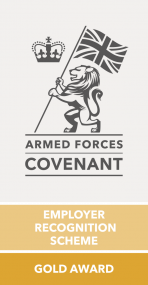



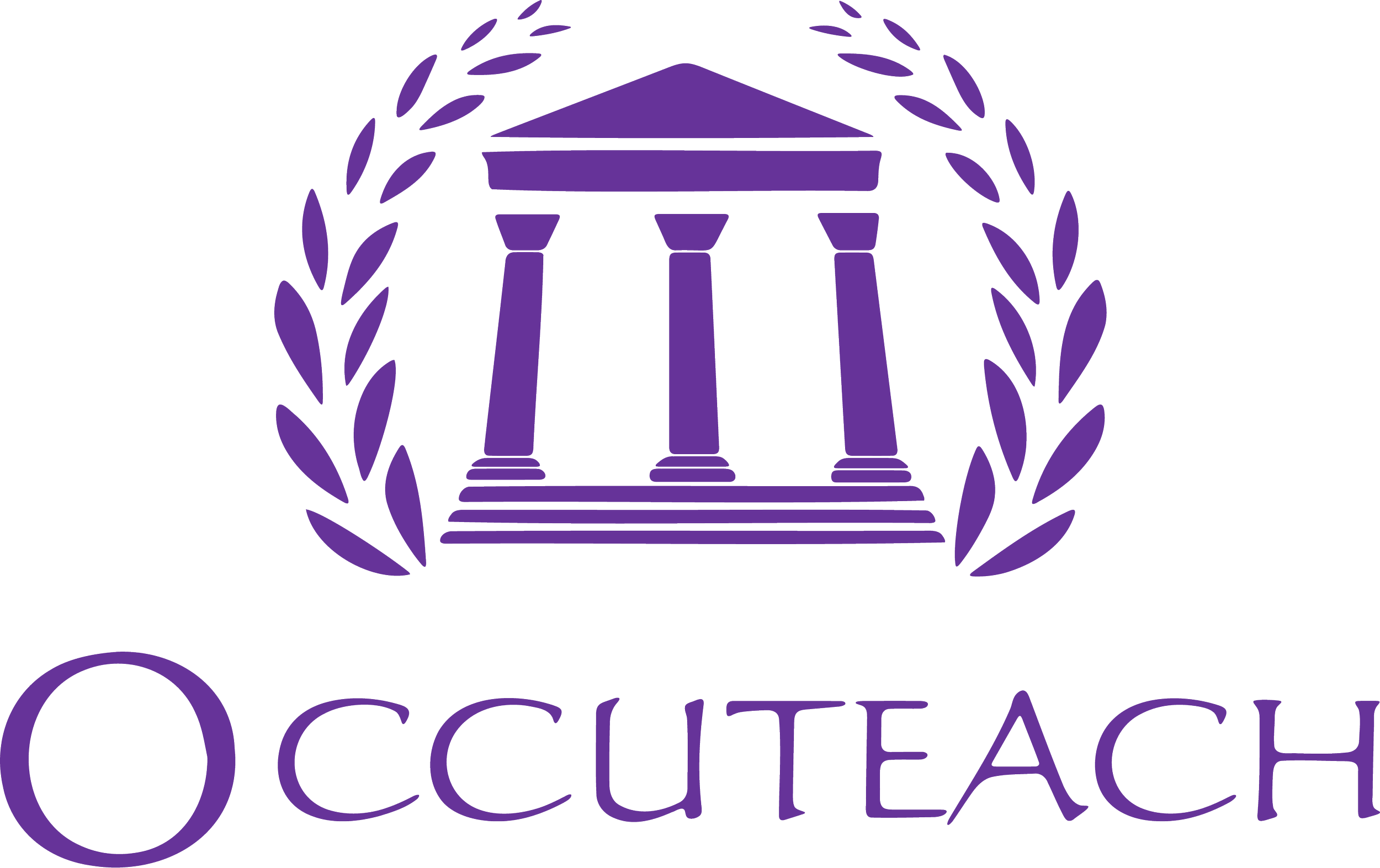
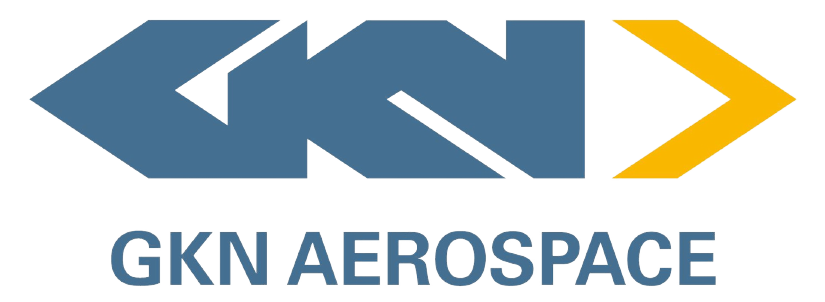


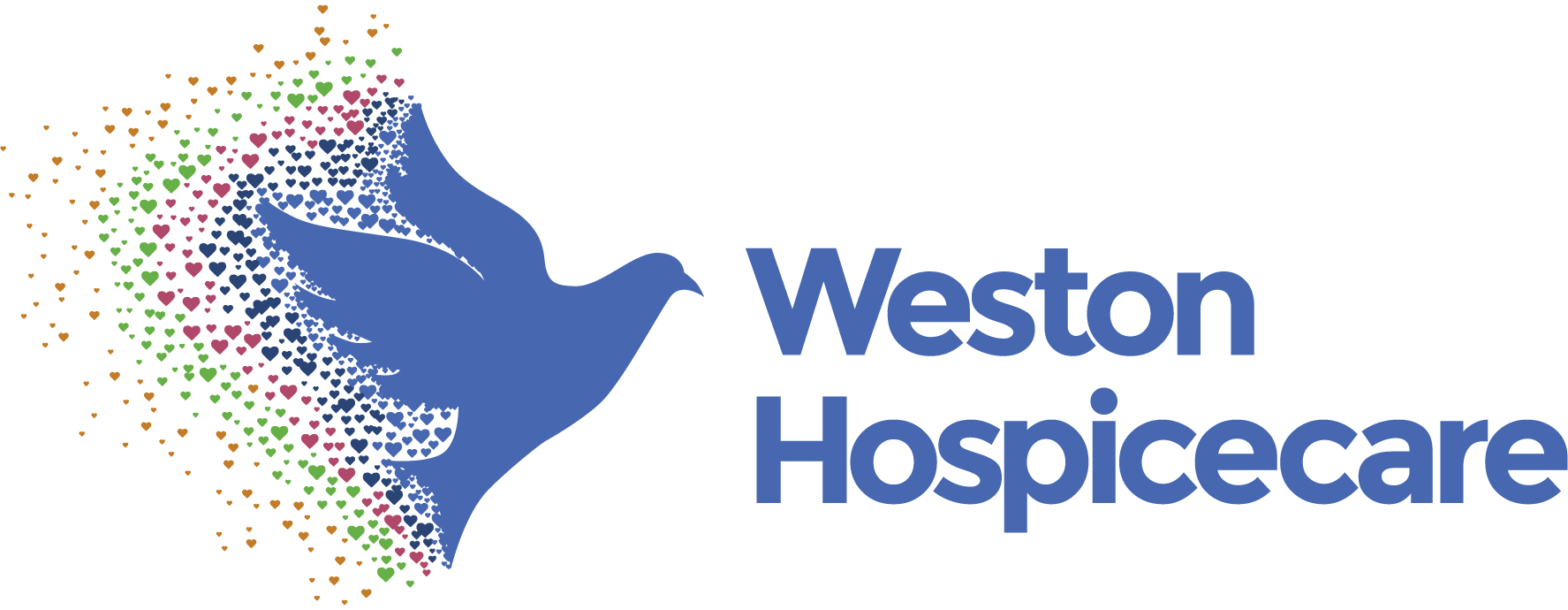

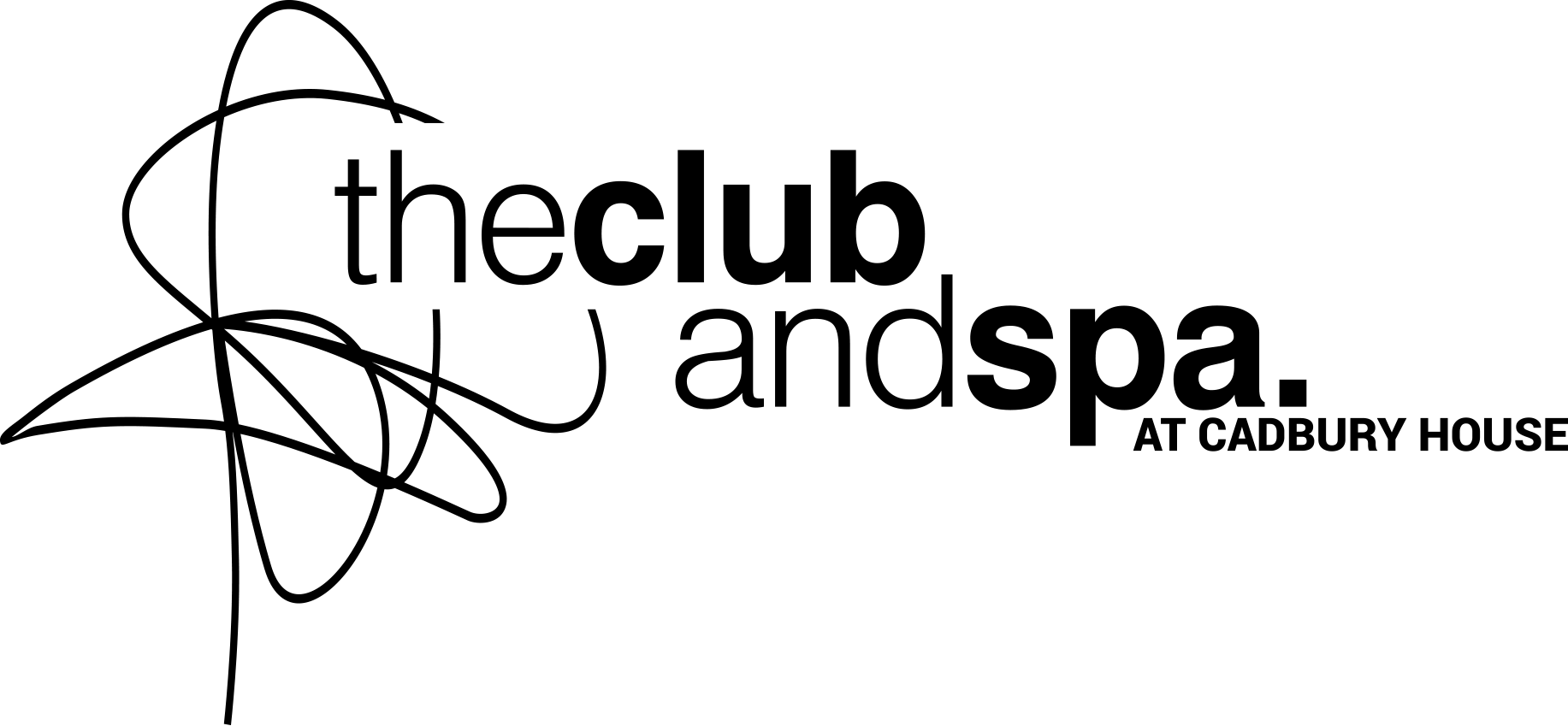


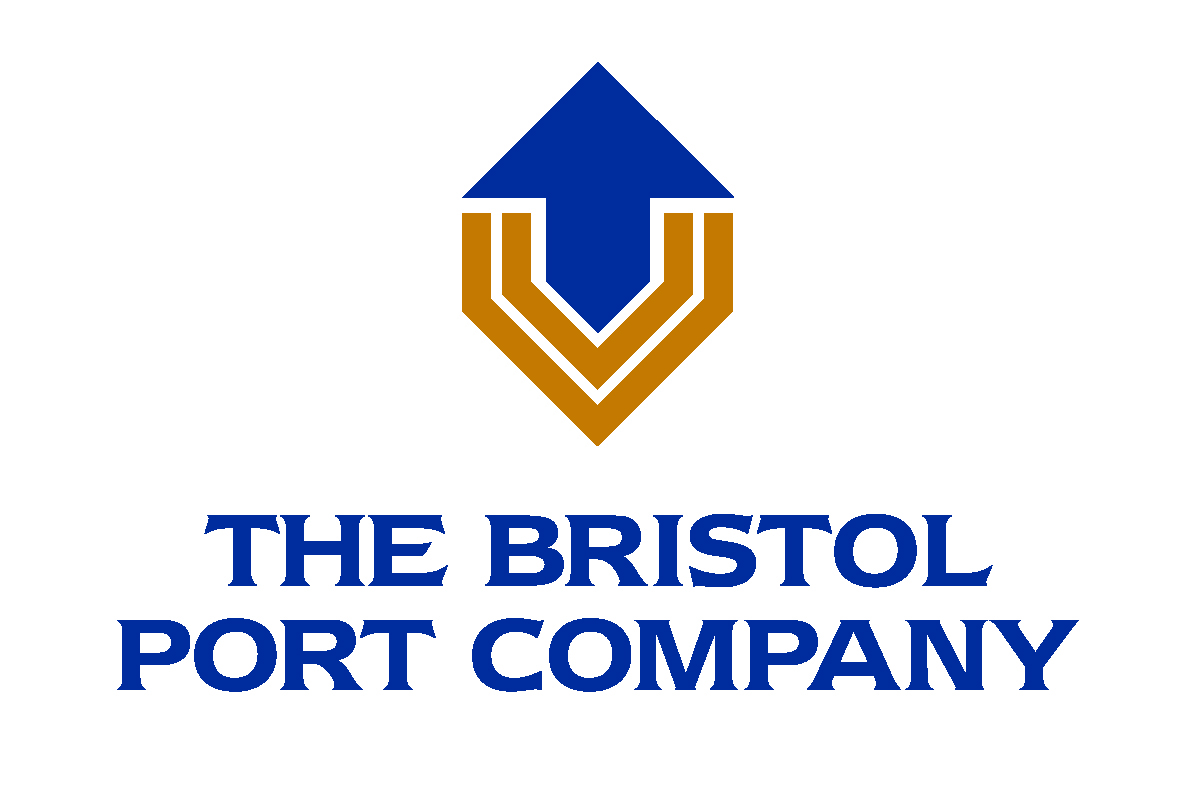






As a Weston College student, you will become part of one of our exciting new Career Excellence Hubs.
This means our courses aren't just courses... your study programme is built from the ground up with your future in mind, focussing on employability and developing the skills you need to have a successful career within your chosen industry...
LECTURERS WITH REAL INDUSTRY EXPERIENCES
COURSES ENDORSED BY EMPLOYERS
INDUSTRY STANDARD FACILITIES
INCREDIBLE WORK-BASED OPPORTUNITIES
AMAZING GUEST LECTURES
COURSES ENDORSED BY EMPLOYERS

VIEW OUR PROSPECTUS
"The college organised lots of amazing experiences for us with specialist guest lectures on sepsis, home care, nutrition and bee therapy"
Chloe
Health and Social Care, Level 2 & 3














